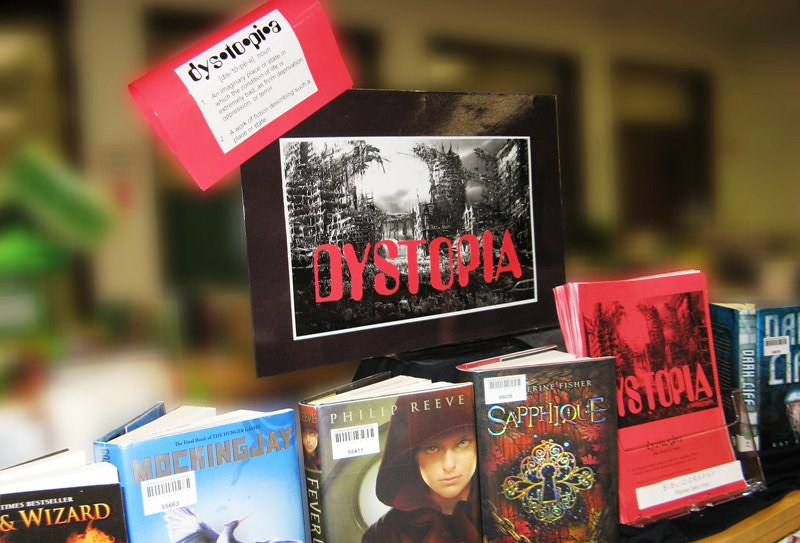
The most unsettling thing about dystopian novels? Sometimes it’s less escapism and more of a spoiler alert for life. From eerily prescient prophecies about the dangers of tech addiction to foreboding warnings about ecological collapse, these novels don’t merely entertain they reflect back our darkest societal anxieties.
But the surprise is this: the greatest dystopian novels are not gloomy. Granted, they carry us to the edge dictatorships, environmental devastation, lost liberties but they also illuminate the resilience, resistance, and naked humanity that in the worst of times can bloom. And that’s why these books are so compelling decades later.
This is a list of the greatest dystopian novels of all time, pairing classic masterpieces with contemporary classics and highlighting the characters, themes, and concepts that make them unforgettable. Whether you are a veteran dystopia enthusiast or a newcomer to the genre, these choices will push your mind and perhaps even change the way you perceive the world.
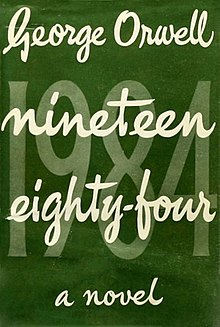
1. Nineteen Eighty-Four – The Blueprint for Big Brother
George Orwell’s imagination of a surveillance state is still one of the most cited books in political rhetoric. With such ideas as Big Brother, Thought Police, and doublethink, it’s a disturbing depiction of a government that isn’t merely controlling actions but thinking. Decades later, the terminology of this book has entered popular use, a measure of its hold on culture.
What’s striking is how versatile it remains as a criticism no matter the political persuasion, readers discover uncomfortable allusions to contemporary affairs. As the study on dystopian fiction’s power attests, these stories can raise consciousness of government intrusion and the susceptibility of individual rights.
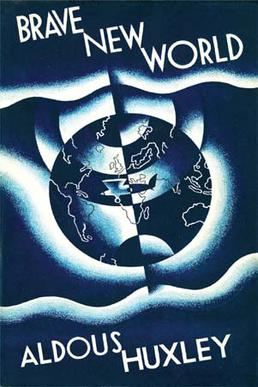
2. Brave New World – The Seduction of Comfort
Aldous Huxley’s World State of his imagination is all about pleasure, stability, and consumption, but at the expense of individuality. Genetic engineering, artificial reproduction, and the culture of continuous distraction render people servile.
While Orwell cautioned against oppression by fear, Huxley cautioned against control by indulgence. In today’s world of computer-algorithm entertainment and instant pleasure, the similarities are uncomfortably apparent. This book’s continued timeliness is why both it and Orwell’s are perennial entries on lists of the most important novels ever written.
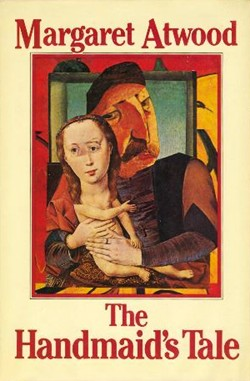
3. The Handmaid’s Tale – Power, Gender, and Resistance
Margaret Atwood’s dystopian novel deprives women of agency, turning them into reproductive vessels in a theocratic state. Borne out of events partly inspired by real life, such as Iran’s 1970s revolution, it’s a sobering reminder that rights can be rolled back unbelievably quickly.
The Hulu remake has reawakened its cultural timeliness, but the novel’s influence has been enduring so enduring that it’s been banned or challenged over and over again due to its “Carnal explicit” and “morally corrupt” themes. That controversy only speaks to its power as a warning.
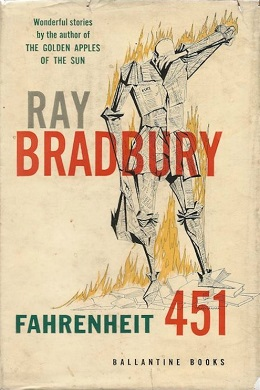
4. Fahrenheit 451 – When Censorship is Self-Inflicted
Ray Bradbury’s firemen don’t extinguish flames they incinerate books. Although it’s a obvious allegory concerning censorship by the government, Bradbury also cautioned against a society that gladly sacrifices tough thinking for comfort and distraction.
In a time when attention spans are diminishing and algorithms sort out what we see, the message in the book seems timely. As one of the most targeted books in schools, it still invokes controversy over free speech and the value of discomfort in art.
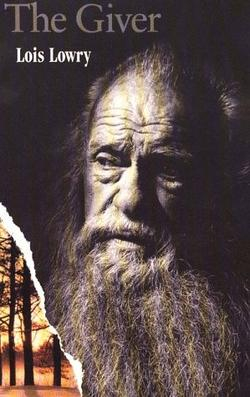
5. The Giver – The Price of a Pain-Free World
Lois Lowry’s apparently utopian society has eliminated war, suffering, and pain but also love, joy, and individuality. The novel raises the question of whether life without emotion or choice is worth living through Jonas’s discovery as the Receiver of Memory.
Its exploration of themes such as memory, agency, and the need for emotional depth speaks powerfully beyond its YA classification. Its banning in several states for tackling subjects such as euthanasia only serves to validate how threatening its questions continue to be.
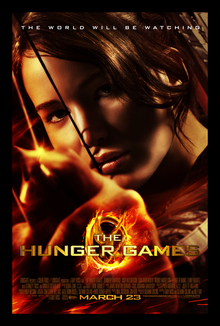
6. The Hunger Games – Spectacle as Control
Suzanne Collins’ Panem employs staged death matches on television as a tool of punishment and distraction for the masses. The Capitol’s decadent obliviousness set against the districts’ privations is a biting critique of inequality and propaganda.
Katniss Everdeen’s grudging heroism provides a new spin on the “chosen one” trope, making her YA’s most richly drawn heroine. The blockbuster franchises based on the series took its expose of media manipulation and entrenched oppression into an even broader public sphere.
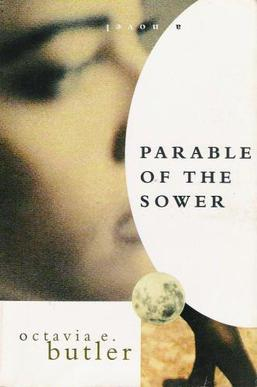
7. Parable of the Sower – Climate Collapse and Adaptation
Octavia Butler’s 2024 America is devastated by climate change, corporate power, and social disintegration. Protagonist Lauren Olamina’s Earthseed philosophy based on the belief that “God is change” reads like a survival manual for troubled times.
Butler’s prescience is remarkable, and her focus on community rather than individualism provides an unusual strand of hope in a genre too often characterized by desperation. And it’s also a notable example of climate fiction that combines realism with speculative richness.
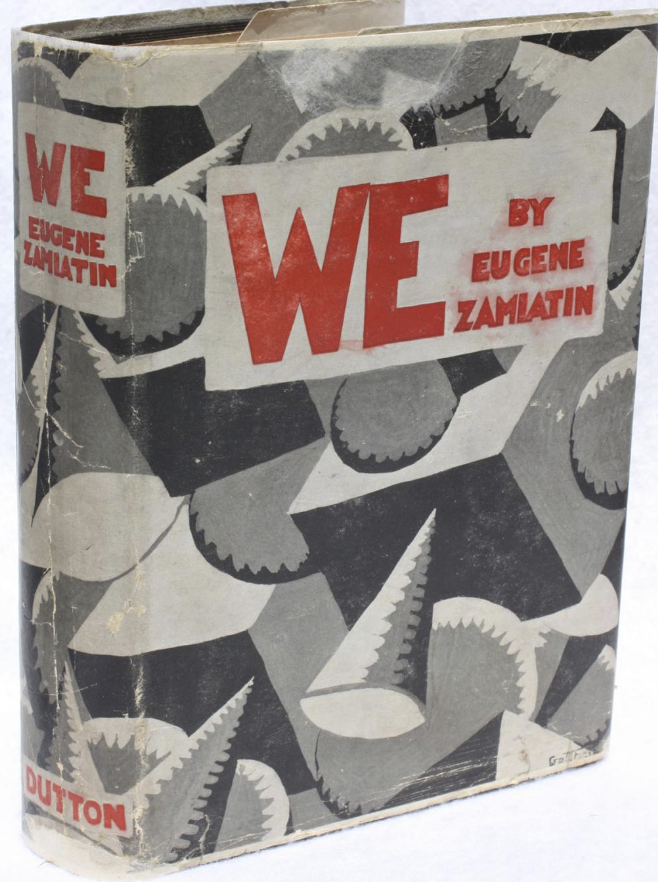
8. We – Privacy Erased
Yevgeny Zamyatin’s early 20th-century novel envisions a glass-walled world in which privacy does not exist and even lovers are state-appointed. Its legacy on subsequent works such as 1984 cannot be denied.
The fact that Zamyatin smuggled the manuscript out of Russia and was forced into exile for it testifies to the strength of fiction in defying totalitarianism. A century on, its warning against sacrificing humanity for order still resonates.
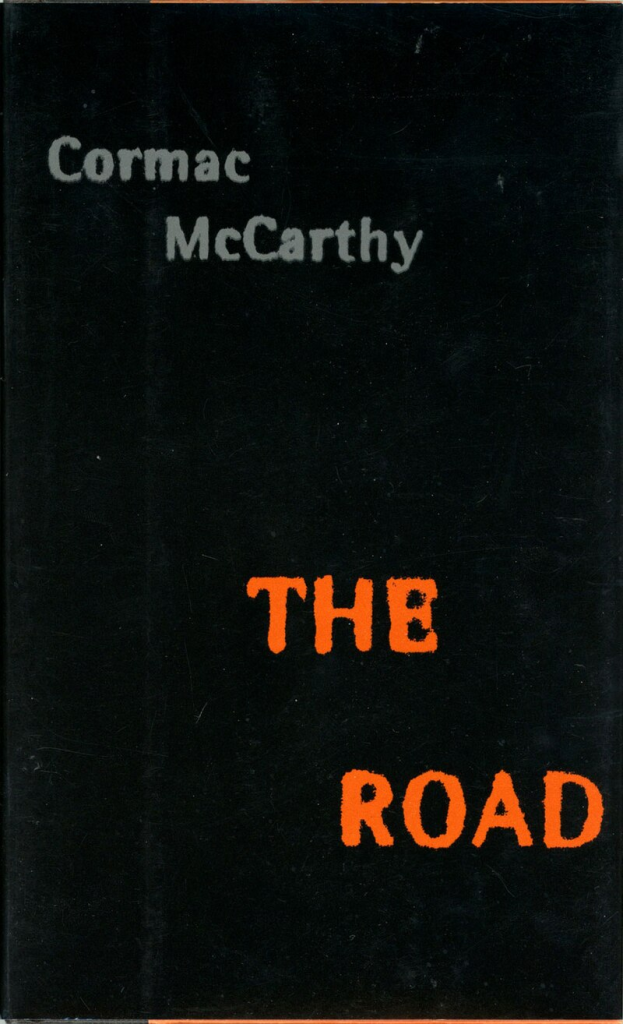
9. The Road – Love in a World Without Hope
Cormac McCarthy’s spare prose reflects the desolate, post-apocalyptic world his father-son pair navigate. Without a working society to speak of, the book is a close examination of love, survival, and moral decisionmaking when everything else ceases to exist.
It is gloomy, yes, but also painfully lovely a gesture that even where there is no hope for the world, there may be hope in human beings.
From Orwell’s totalitarian nightmares to Butler’s America ravaged by climate, these novels stand the test of time because they’re not only about hypothetical futures they’re about the decisions we make today. They disturb, provoke, and inspire, demonstrating that dystopian fiction isn’t a warning in itself. It’s an invitation to safeguard what we value most before it vanishes forever.


